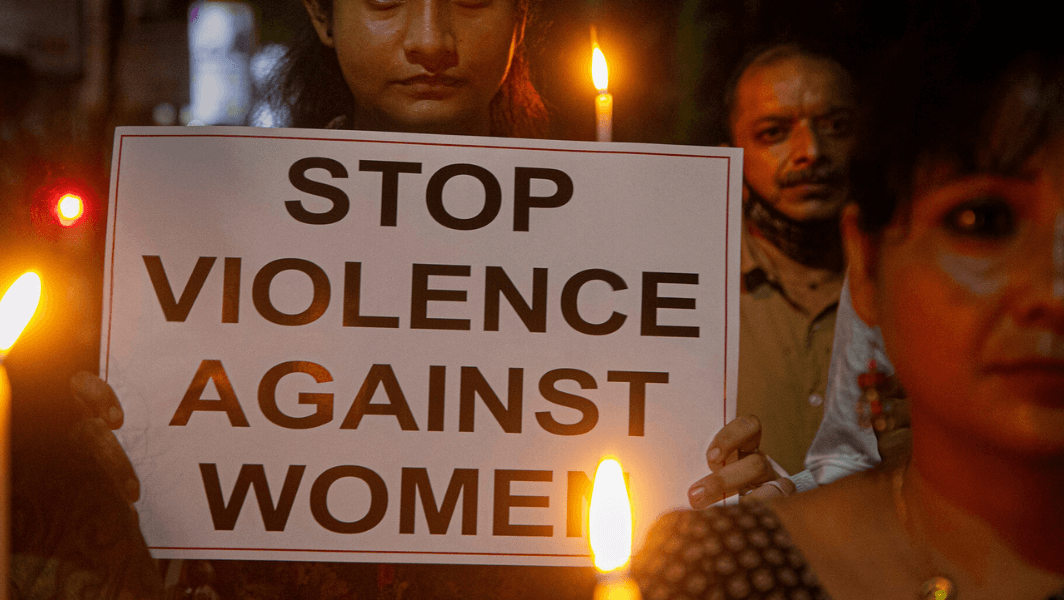
India Outraged as Court Acquits Man Accused of Raping Wife Who Later Died
Controversial Ruling Sparks National Debate on Criminalizing Marital Rape
accused of raping and assaulting his wife, who succumbed to her injuries shortly after the incident. The judgment has reignited demands for the criminalization of marital rape in the country, where forced sex within marriage remains legal.
Controversial Ruling and Its Implications
The Chhattisgarh High Court recently overturned a lower court’s 2019 conviction of a 40-year-old man who had been found guilty of rape, unnatural sex, and culpable homicide. The trial court had sentenced him to 10 years of rigorous imprisonment for each offense, to be served concurrently. However, Justice Narendra Kumar Vyas ruled that since India does not recognize marital rape as a crime, the husband could not be convicted of non-consensual sex or unnatural sexual acts.
The ruling has been met with strong criticism from activists, legal experts, and women’s rights campaigners. Lawyer and gender rights advocate Sukriti Chauhan condemned the judgment, stating, "Legally, this ruling may be correct, but it is morally and ethically indefensible. It is a dark day for our legal system."
Details of the Case
According to the prosecution, the incident occurred on December 11, 2017. The victim’s husband allegedly forced himself upon her, causing severe injuries. She sought help from family members, who took her to a hospital, but she succumbed to her injuries within hours.
Before passing away, the woman provided a dying declaration to a magistrate, detailing the assault. The post-mortem confirmed that she suffered peritonitis and rectal perforation, indicative of extreme violence.
Despite these findings, the high court dismissed her statement, citing inconsistencies in witness testimonies and reiterating that marital rape is not a recognized offense under Indian law.
Renewed Calls for Legal Reform
India remains among over 30 countries, including Pakistan, Afghanistan, and Saudi Arabia, that do not criminalize marital rape. Despite multiple petitions challenging Section 375 of the Indian Penal Code, which exempts husbands from rape charges, the law remains unchanged.
Many argue that this archaic statute, a colonial-era holdover, is long overdue for reform. While Britain outlawed marital rape in 1991, India retained the exemption in its newly revised criminal code.
Government and Societal Resistance
Attempts to criminalize marital rape have faced stiff opposition from the Indian government, religious leaders, and men’s rights activists. The government has repeatedly argued that such a move would be "excessively harsh" and could "disrupt the institution of marriage."
However, gender rights activists counter that the failure to recognize marital rape leaves countless women vulnerable. A government survey revealed that 32% of married women in India face physical, sexual, or emotional violence from their husbands, with 82% reporting sexual abuse.
A Turning Point for Change?
Legal experts and campaigners insist that justice for victims will remain elusive until the law recognizes forced sex within marriage as a crime. "This judgment underscores the urgent need for legal reform. A woman should not have to die for her suffering to be acknowledged," said lawyer Priyanka Shukla.
Sukriti Chauhan added, "This is not a battle against men; it is a fight for women’s safety. Criminalizing marital rape is essential to ensure women’s fundamental rights to safety and dignity."
With public anger at a boiling point, many hope this case will serve as a catalyst for long-overdue legal changes that prioritize the rights and safety of women in India.
For any enquiries or information, contact info@thelawreporters.com or call us on +971 52 644 3004. Follow The Law Reporters on WhatsApp Channels